University of California San Francisco
-
-
Unhappy Family or Trauma in Youth Leads to Poor Health in Old Age
Adverse experiences early in childhood and early life have been linked to lifelong health consequences.

-
Food Farmacy Provides Fresh and Free Food for Oakland Families
Three hundred families use UCSF Benioff Children's Hospital Oakland's Food Farmacy program, which offers fresh food at two food distributions twice a month.
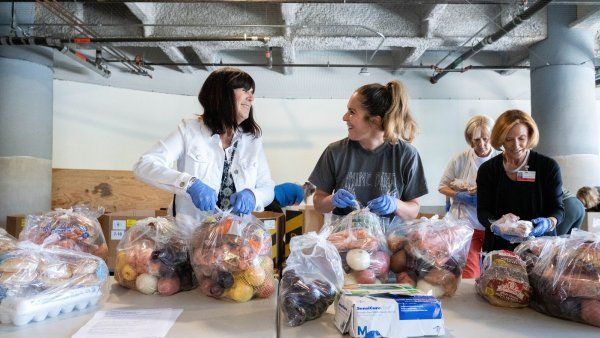
-
Millions of Long-Term Smokers Have Lung Disease that Defies Diagnosis
Millions of Americans with tobacco-related disease have symptoms that don't fit any existing tobacco-disease criteria

-
UCSF Medical Center Is Among Nation’s Top Hospitals for 2023-24
UCSF Medical Center has been ranked among the country’s best hospitals in adult care in U.S. News & World Report’s prestigious Best Hospitals survey.
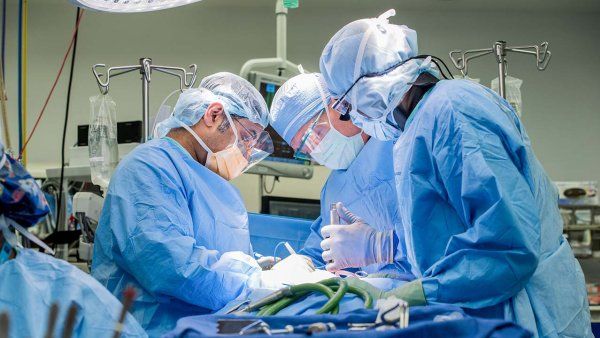
-
What Women Endure
-
Blood Test May Reduce Risk of Disability in Kids
An experimental blood test that reflects injury to nerve cells from multiple sclerosis (MS) was found to work for children with MS and other neurological conditions, even when they are symptom-free.
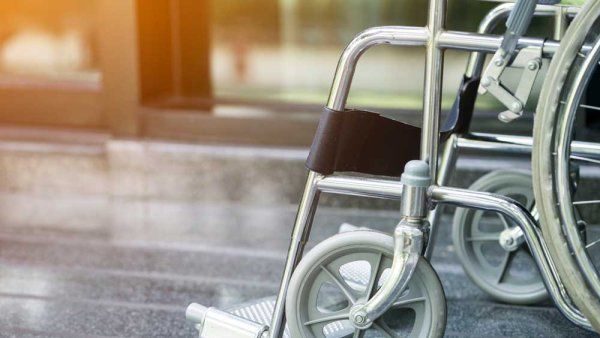
-
Faces of Ability
Members of the UCSF community living with disabilities share their stories to break down barriers, advocate for accommodations and reshape attitudes.

-
UCSF Research Scientist Reveals Disability After Decades of Sleeplessness
Mindy Hebert-DeRouen shares her experience living with Willis Ekbom Disease, otherwise known as Primary Restless Leg Syndrome, which causes severe sleep disorder.
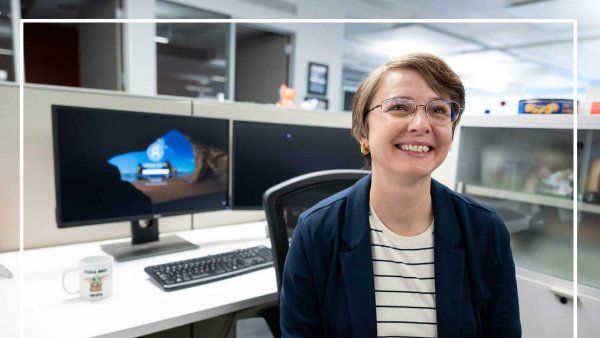
-
Deadly Dust: Engineered Stone Is Making California Workers Sick
Toxic dust from artificial stone slabs popular in kitchen countertops in the U.S. is causing a rising numbers in lung disease among stone workers.

-
Can We Stamp Out HIV? New Monthly Injections Could Offer Hope
Taking daily medication can be a challenge for many, leading to increased viral load over time. Injectable therapies remove that challenge.
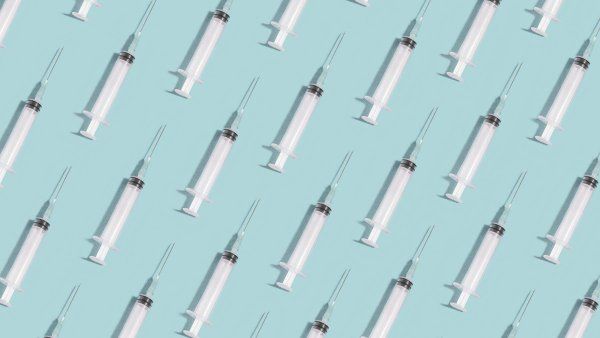
-
How a Rare Dementia Unleashes Creativity
-
Acute Kidney Injury Will Not Worsen Chronic Kidney Disease
UCSF study found that acute kidney injury was found in patients with chronic kidney disease.

-
Looking to Cut Back on Wine and Beer? This Pill Might Help
People looking to cut back on binge drinking alcohol can take a single pill of naltrexone right before drinking to curb consumption.

-
If You Never Got Sick From COVID, Thank Your Genes
-
UCSF’s Connection to AIDS Walk San Francisco Runs Deep
Ever since San Francisco's AIDS Walk began, UCSF was there.
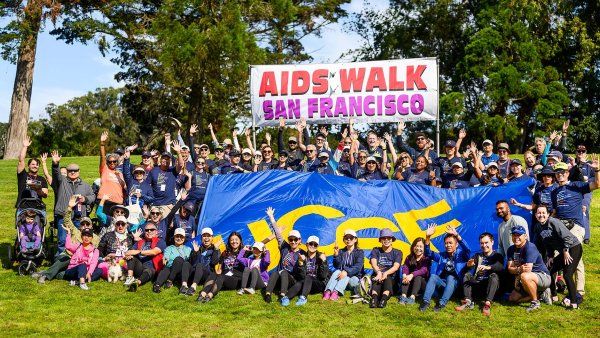
-
Can Artificial Intelligence Reduce Invasive Testing and Improve Cardiac Diagnostics?
Improving predictive models with artificial intelligence may help advance diagnostics for heart disease and limit invasive testing with catheters that can be risky, especially for patients already experiencing heart and stroke issues.
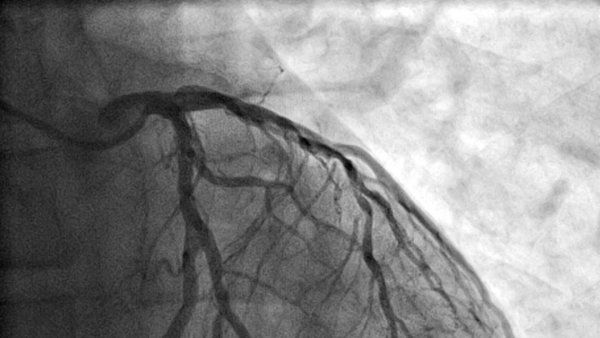
-
Gene Mutation May Explain Why Some Don’t Get Sick from COVID-19
A common mutation can help people infected with the COVID-19 virus avoid developing any symptoms.
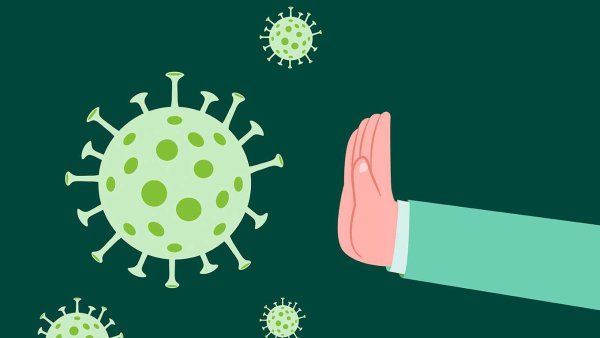
-
New Black Baby Equity Clinic Helps Infants and Moms Flourish
A new clinic will match Black babies with Black healthcare providers to improve outcomes for both moms and kids.
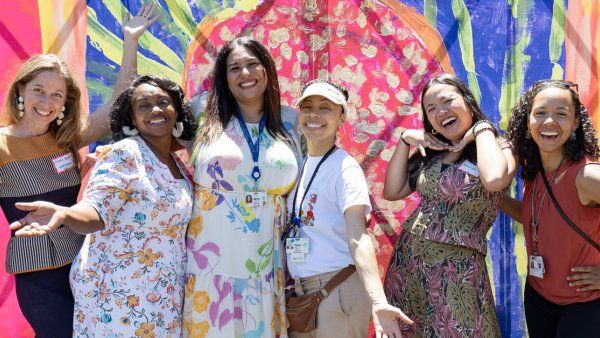
-
How to Be Safe During a Summer Heat Wave
In this Q&A, UCSF experts offer tips on how to stay protected during heat waves, and how to be aware of treat heat-related illnesses.
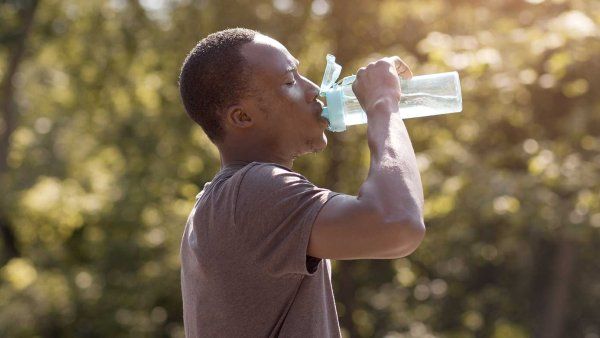
-
Commentary: New Class of Drugs Shifts Momentum on Alzheimer’s
A new Alzheimer’s drug is expected to be approved by the Food and Drug Administration (FDA). However, the medication works best mostly for those in the earliest stages of Alzheimer’s.
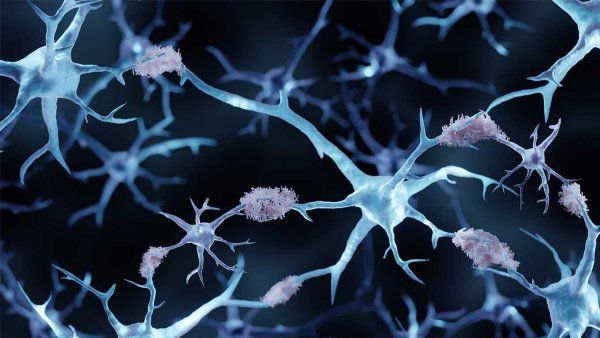
-
COVID-19 Vaccines Saved Dementia Patients’ Lives in Nursing Homes
Deaths among older adults with dementia fell starkly in nursing homes and long-term care centers after COVID-19 vaccinations became available, but remained high for those living at home.

-
Don’t Take Chances: Why Doxycycline is a Great Bet Against STIs
A short course of antibiotics, Doxy-PEP, can prevent some STIs after condomless sex.

-
How a Rare Dementia Transforms Patients Into Artists
A rare burst of visual creativity is seen occasionally in patients with frontotemporal dementia. A UCSF-led study offers new insights into how this talent develops as key areas of the brain degenerate.
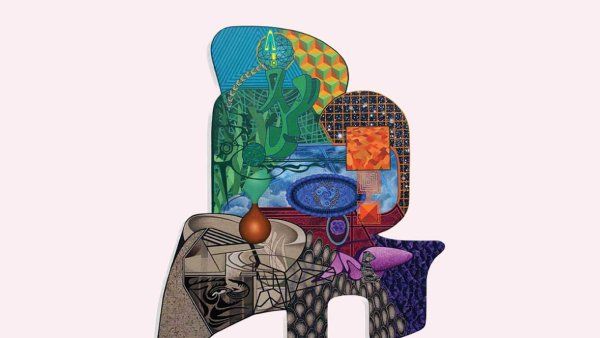
-
California Has Spent Billions to Fight Homelessness. The Problem Has Gotten Worse
-
An Old Drug Offers a New Way to Stop STIs
-
With ‘Endemic,’ High-Profile S.F. Doctor Monica Gandhi Provides a Post-Mortem to the COVID Era
-
With a Comfort Promise, New Clinic Aims to Eliminate Pain in Kids
The UCSF Stad Center for Pediatric Pain, Palliative & Integrative Medicine treats young patients holistically by combining state-of-the art Western medicine with integrative medicine like acupuncture and hypnosis. The center is expanding with a new clinic in Walnut Creek.
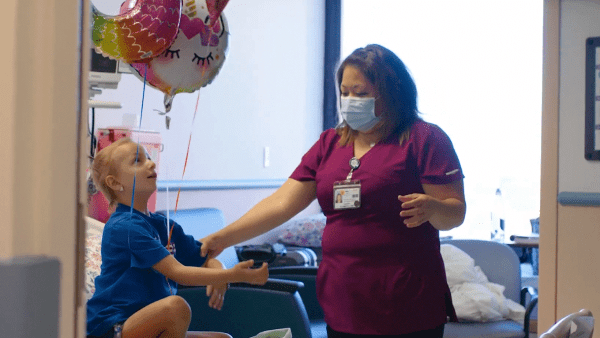
-
UCSF to Study Alzheimer’s Genetics in North American Asians
UCSF is helping to create the first large group of Asian American study participants to help improve Alzheimer’s disease care for the Asian community North America.
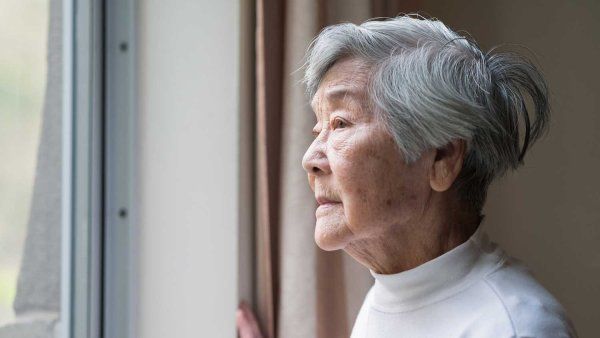
-
Does Sugar Actually Feed Cancer?
